Scalp Psoriasis Vs. Dandruff: Differences, Causes, & Treatment
Understanding the differences can help prevent late diagnosis and ensure proper healing.

Image: Shutterstock
There appears to be some confusion between scalp psoriasis Vs. dandruff. Both conditions cause the scalp to flake and itch. But how do you tell them apart? Do you need to consult a doctor for any of the issues?
Dandruff is a common scalp issue that can be easily treated. Psoriasis, however, needs medical attention. Educate yourself, right here, on the similarities and differences between both these conditions. Learn the causes, symptoms, and treatments for each scalp issue. Continue reading.
In This Article
What Is Dandruff?
Dandruff is a non-contagious and common condition marked by a flaking and itchy scalp (1). It is mainly caused due to a dry scalp and can be uncomfortable at times. In some cases, underlying conditions like fungal infections like malassezia, eczema, and seborrheic dermatitis may also cause flaky and itchy patches on your scalp (2).

 Trivia
TriviaDandruff can be easily treated at home (discussed later in the article) and the treatment options are quite different from the remedies for scalp psoriasis.
Key Takeaways
- Scalp psoriasis is characterized by itchy, red, scaly patches on the scalp. It might be triggered due to factors associated with the environment, immune system, or genes.
- Dandruff is a fungal infection characterized by white, flaky, and dry patches on the scalp.
- Scalp psoriasis needs medical attention. Topical ointments, steroid injections, and medications are used to manage the condition.
- Over-the-counter medications and anti-dandruff shampoos can manage dandruff.
What Is Scalp Psoriasis?
Scalp psoriasis is a chronic inflammatory condition that causes scaly, red, and itchy patches on the scalp (3). Your skin cells multiply fast in this condition, causing the dead skin cells to buildup in patches on the scalp. These rough patches are often covered with white scales.
The exact cause of scalp psoriasis is unknown. It is thought to be caused by a combination of the immune system, genetics, and environmental factors. It may be aggravated by weather, stress, infections, and injury.
There are a lot of other factors that may trigger dandruff and scalp psoriasis. Let’s take a closer look.
Causes Of Dandruff And Scalp Psoriasis
Dandruff
- Harsh hair care products like shampoos, dyes, hair sprays, creams, or gels may irritate the scalp and cause flaking, itching, and redness. This is also called contact dermatitis.
- Irregular scalp cleansing and shampooing may cause oil buildup on the scalp that eventually flakes off skin cells.
- Excessive dry scalp and skin can cause flakiness. You may also experience flaking on your body skin.
- Malassezia (a type of fungus) that feeds on the sebum on your scalp also contributes to dandruff (2).
- Oversecretion of certain male hormones may also cause dandruff. This is why dandruff is more common among men than women.
- Those who have a weak immune system are also likely to have dandruff.
Scalp Psoriasis
Unlike dandruff, scalp psoriasis is a chronic condition. As stated earlier, the causes of this condition are not clear.
Psoriasis is a chronic inflammatory skin condition in which the antibodies (that are supposed to fight bacterial and viral infections) attack the healthy tissues, causing over-production of skin cells. Under normal circumstances, dead skin flakes off from your skin’s outermost layer in microscopic fragments. However, in psoriasis, the new and healthy skin cells rise to the surface before the older dead skin sheds, causing cell buildup that appears like scaly patches.
Psoriasis shares the mechanism of both autoinflammatory and autoimmune conditions. Currently, this condition is described as a systemic chronic inflammatory condition that has an immunogenetic basis (4).
 Did You Know?
Did You Know?Let’s take a look at the symptoms of both the conditions to help you distinguish between the two.
How To Know If You Have Dandruff Or Scalp Psoriasis
Dandruff Symptoms
- Dry patches on your scalp
- Skin flakes falling off your scalp
- Itching
Scalp Psoriasis Symptoms
- Red, dry patches of skin covered in thick, silvery scales on the scalp
- Cracked skin that may bleed
- Itching, burning, or soreness
- May cause swollen and stiff joints
Now that you know the difference between the two conditions, here is how you can treat or manage them.
Treatment For Dandruff And Scalp Psoriasis
Dandruff
Dandruff is not a serious medical condition. But if it keeps coming back, knowing how to treat chronic dandruff can help you find relief. The treatment process includes consistent care and the use of specific home remedies and medications. You can use any gentle anti-dandruff shampoo to clear dandruff from your scalp. If you have excessively dry skin, keeping the scalp moisturized may also help. When buying shampoos for dandruff, look for these ingredients:
- Coal tar
- Zinc pyrithione
- Salicylic acid
- Ketoconazole
- Selenium sulfide
If you prefer natural remedies, tea tree oil is an excellent natural treatment for dandruff (5).
Unlike dandruff, psoriasis cannot be cured or treated. However, it can be managed with prescription medication.
Psoriasis
Depending on the severity, the doctor may prescribe topical ointments, biologic medication, or steroid injections. Mild psoriasis can be managed with topical creams. Such creams slow down the skin cell buildup and reduce inflammation, redness, and scaly patches. These include (6), (7):
- Anthralin (Dritho-Scalp)
- Calcipotriene (Dovonex)
- Calcitriol (Vectical)
- Calcipotriene and betamethasone dipropionate (Taclonex)
- Tazarotene (Tazorac)
Moderate to severe psoriasis may require more potent medications that could include (6), (7):
- Methotrexate (Trexall)
- Acitretin (Soriatane)
- Cyclosporine (Gengraf, Neoral, SandIMMUNE)
- Adalimumab (Humira)
- Certolizumab pegol (Cimzia)
- Golimumab (Simponi)
- Etanercept (Enbrel)
- Infliximab (Remicade)
UV light treatments are also used to control psoriasis patches (8). This treatment can be done at home.
 Did You Know?
Did You Know?When To See A Doctor
If your dandruff does not reduce even after using anti-dandruff shampoos, you may need prescription-grade products and medications. In the case of psoriasis, consult a dermatologist when you notice the first symptoms. Psoriasis may also be accompanied by stiff pain and inflammation in your joints, indicating psoriatic arthritis (10). In such cases, consulting a rheumatologist is also recommended.
To summarize, dandruff and scalp psoriasis are two different scalp issues. Dandruff is caused by a dry scalp and other skin issues, like eczema. Its symptoms are yellow flakes paired with an itchy scalp. Psoriasis is a chronic inflammatory condition where patches of dead skin cells appear on the scalp. These patches are white, scaly, and itchy. Dandruff can be caused by a number of factors, such as using harsh hair care products and following improper hair hygiene and care practices. Psoriasis is caused when antibodies attack healthy tissues in the body. You can treat dandruff with over-the-counter products like anti-dandruff shampoos. But, you will need a prescribed treatment for psoriasis. The best way to clear any confusion between scalp psoriasis vs. dandruff is to thoroughly know their symptoms, which can you can read about above!
Frequently Asked Questions
Can dandruff lead to psoriasis?
No, dandruff does not lead to psoriasis. They are two different conditions. Dandruff is a common condition characterized by a flaky and itchy scalp. Scalp psoriasis is an autoimmune condition characterized by itchy and red patches on the scalp.
How common is scalp psoriasis?
It is estimated that 45% to 56% of individuals with psoriasis may experience scalp psoriasis (11).
What deficiency causes scalp psoriasis?
Studies have found a link between vitamin D deficiency and scalp psoriasis. However, the exact mechanism behind this association is unknown and requires further studies (12).
Should you scratch dandruff?
Avoid scratching dandruff as it can damage the scalp and lead to inflammation and irritation, further aggravating your condition.
Distinguish between psoriasis and dandruff in this video. Check out the video to gain insights into identifying the differences and understanding the symptoms. Learn about effective ways to manage each condition for a healthier scalp.
References
Articles on StyleCraze are backed by verified information from peer-reviewed and academic research papers, reputed organizations, research institutions, and medical associations to ensure accuracy and relevance. Read our editorial policy to learn more.
- Dandruff: The Most Commercially Exploited Skin Disease
https://www.ncbi.nlm.nih.gov/pmc/articles/PMC2887514/ - Malassezia, dandruff and seborrhoeic dermatitis: an overview
https://onlinelibrary.wiley.com/doi/abs/10.1111/j.1365-2133.2011.10570.x - Diagnosis and management of psoriasis
https://www.ncbi.nlm.nih.gov/pmc/articles/PMC5389757/ - Psoriasis and autoimmunity
https://www.sciencedirect.com/science/article/abs/pii/S1568997216301963 - Scalp Psoriasis: A Literature Review of Effective Therapies and Updated Recommendations for Practical Management
https://www.ncbi.nlm.nih.gov/pmc/articles/PMC8163911/ - Antifungal Activity of the Essential Oil of Melaleuca alternifolia (Tea Tree Oil) against Pathogenic Fungi in vitro
https://karger.com/spp/article-abstract/9/6/388/819613/Antifungal-Activity-of-the-Essential-Oil-of?redirectedFrom=fulltext - Psoriasis Pathogenesis and Treatment
https://www.ncbi.nlm.nih.gov/pmc/articles/PMC6471628/ - Psoriasis: A Review of Existing Therapies and Recent Advances in Treatment
https://www.researchgate.net/publication/328138246_Psoriasis_A_Review_of_Existing_Therapies_and_Recent_Advances_in_Treatment - Phototherapy arsenal in the treatment of psoriasis
http://citeseerx.ist.psu.edu/viewdoc/download?doi=10.1.1.488.4659&rep=rep1&type=pdf - Psoriatic arthritis
https://www.sciencedirect.com/science/article/abs/pii/0049017273900358 - Psoriasis in special localizations
https://www.ncbi.nlm.nih.gov/pmc/articles/PMC6330687/ - Vitamin D and its role in psoriasis: An overview of the dermatologist and nutritionist
https://www.ncbi.nlm.nih.gov/pmc/articles/PMC5486909/#:~:text=Severe%20psoriasis%20has%20been%20associated
Read full bio of Dr. Vindhya L Veerula
Read full bio of Anjali Sayee
Read full bio of Eshna Das
Read full bio of Monomita Chakraborty







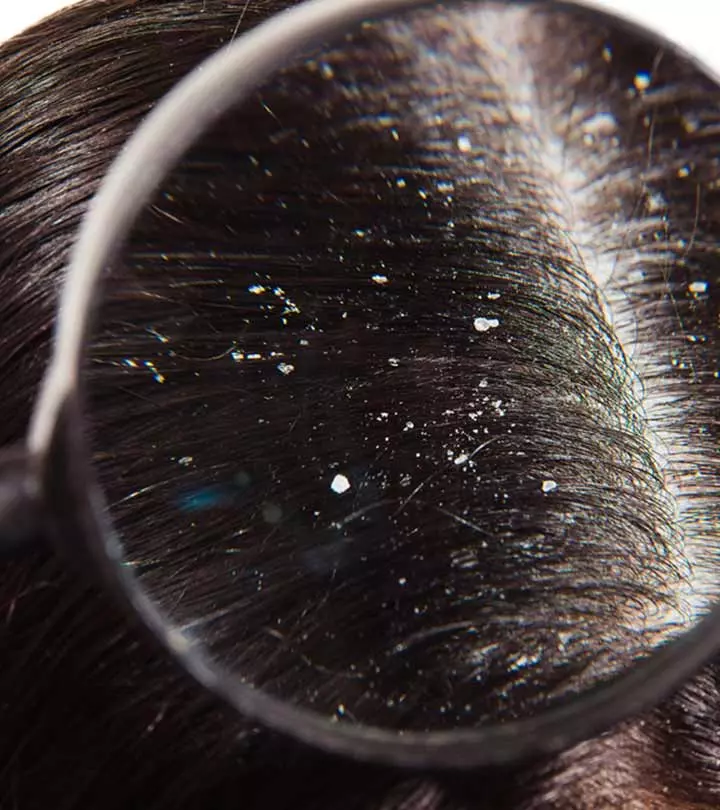
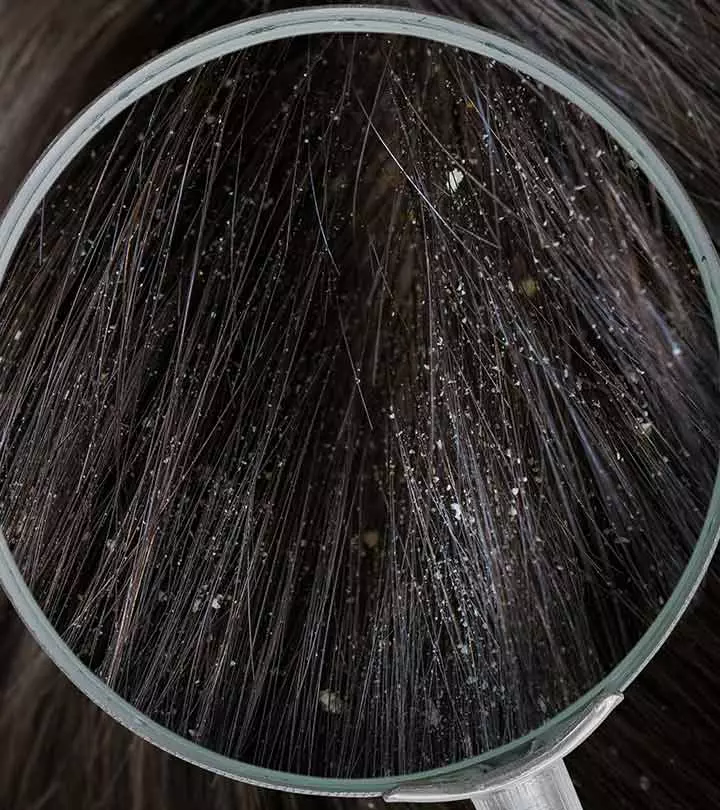


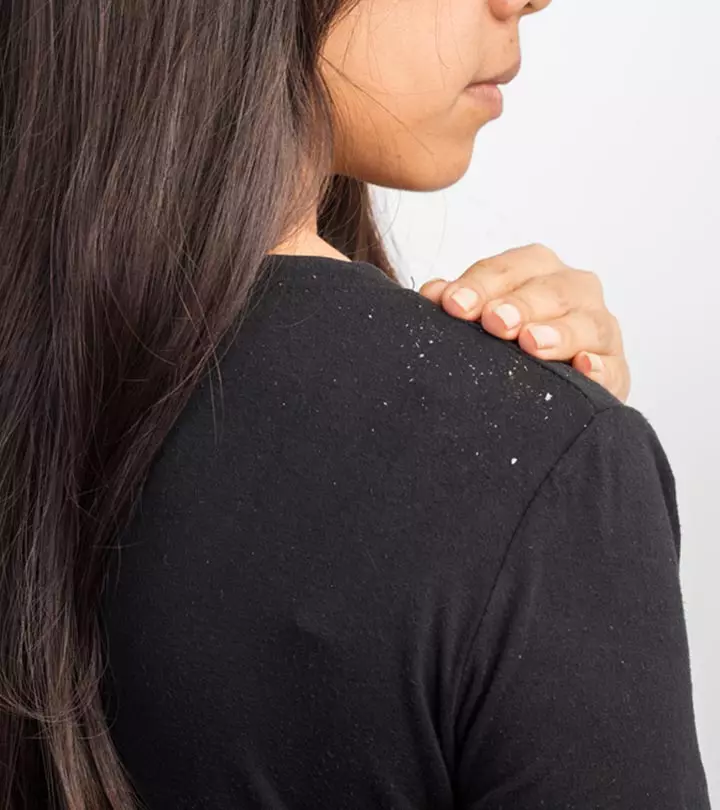


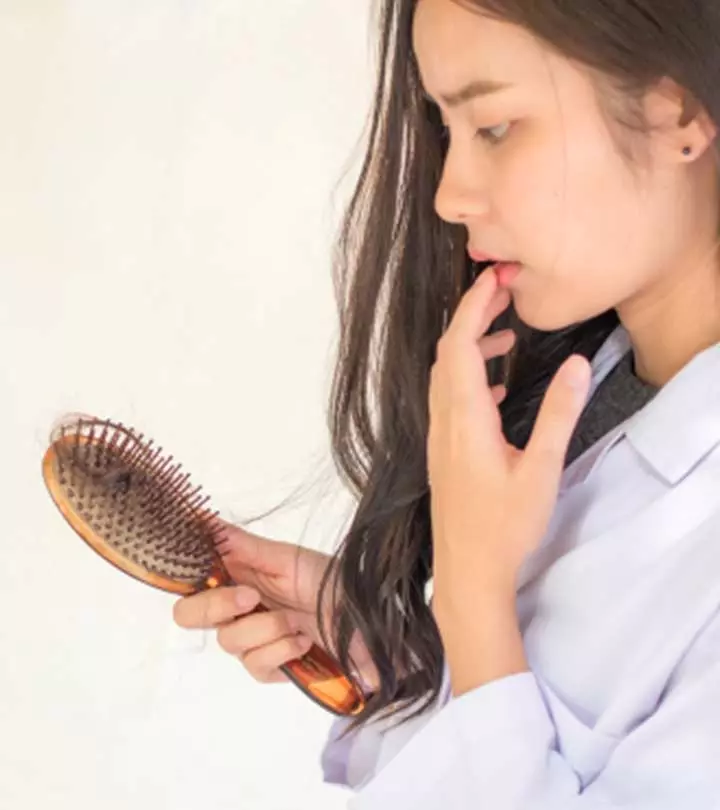
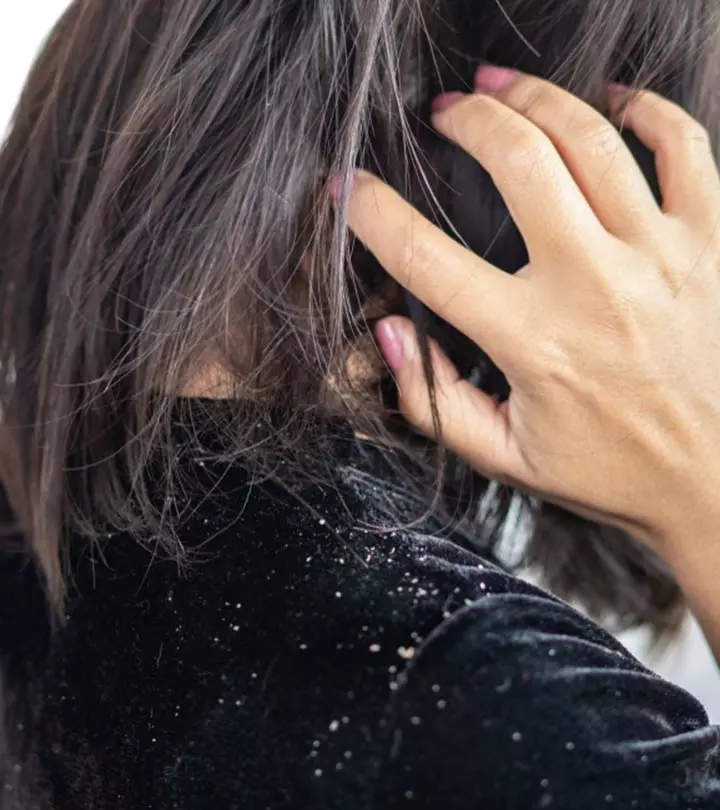


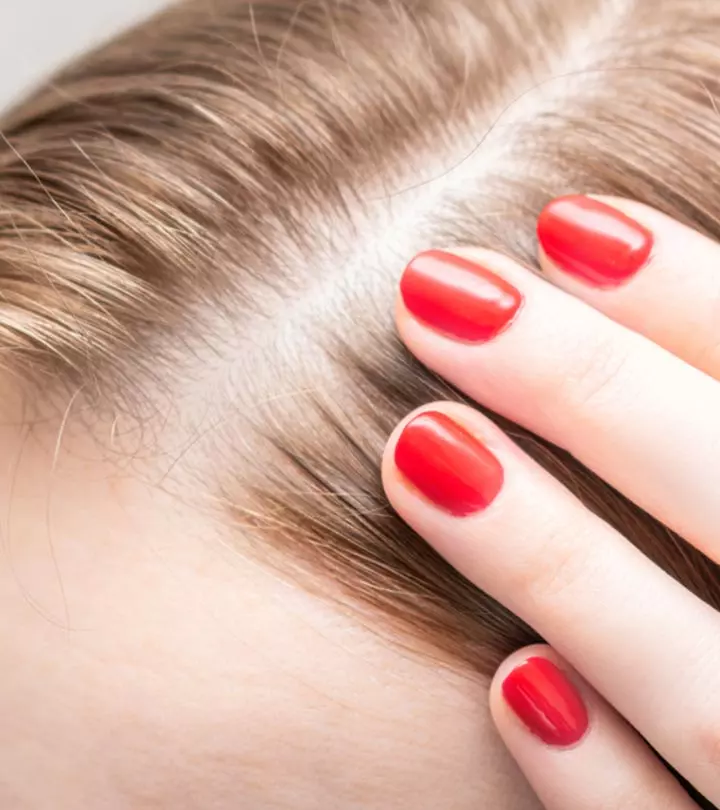

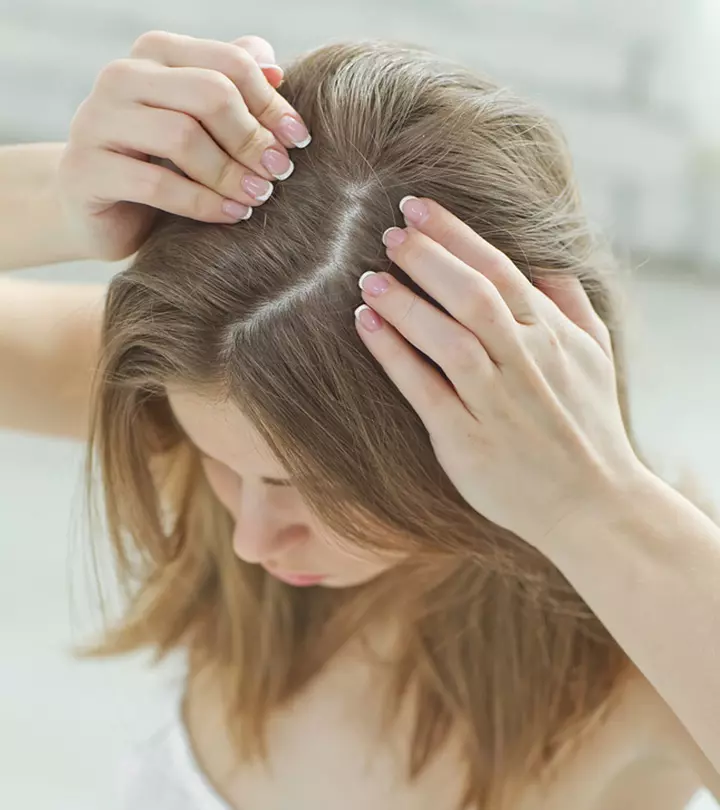



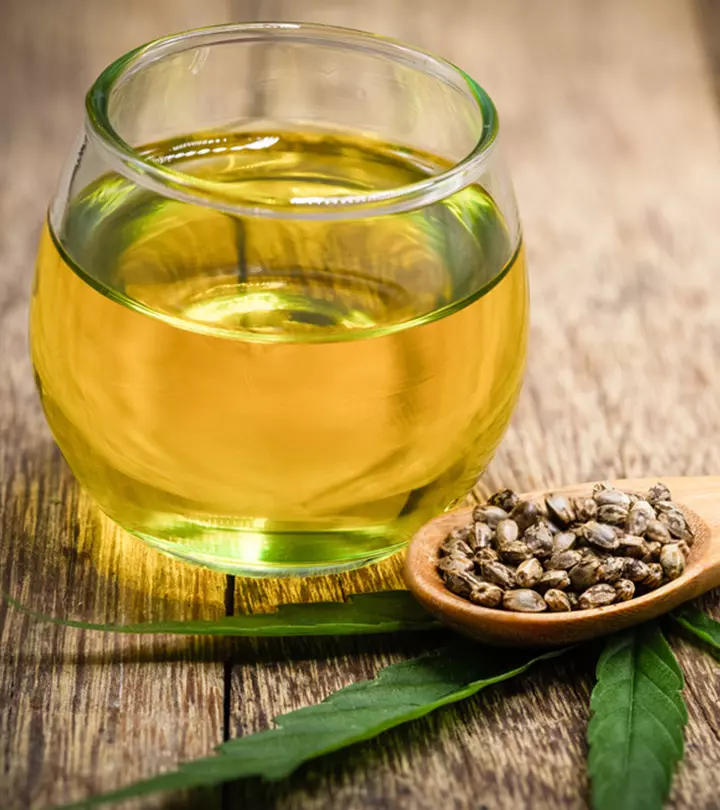



Community Experiences
Join the conversation and become a part of our empowering community! Share your stories, experiences, and insights to connect with other beauty, lifestyle, and health enthusiasts.